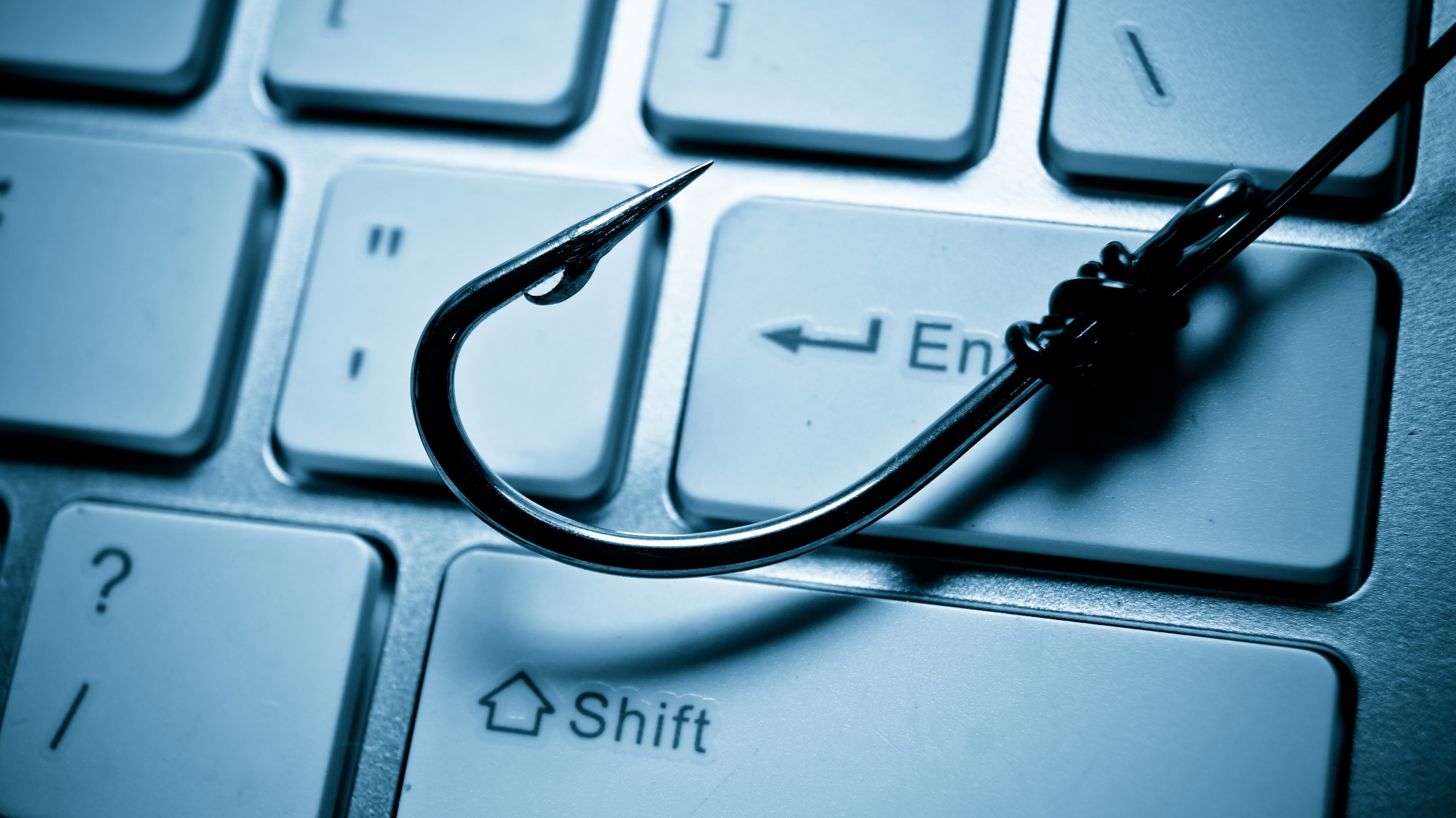These World Cup 2022 scams will steal your data and your money — how to stay safe
World Cup-themed phishing sites offer everything from fake FIFA merch to free streams

The wait is finally over and World Cup 2022 is set to kickoff in Qatar this week. However, security experts are warning soccer and football fans about a number of online scams, fake websites and other threats they need to look out for during the tournament which runs from November 20 all the way until December 18.
While cybercriminals often clean up during Black Friday and the holiday shopping season, events like the World Cup and the Olympics give them even more time to create elaborate scams. From phishing pages impersonating legitimate websites to fake ads and counterfeit cryptocurrencies, they are as ready to scam sports fans as Qatar is to host the World Cup this year.
Security researchers from Kaspersky and ESET have scoured the web looking for World Cup 2022 scams. Below you’ll find some of the most popular ones along with tips on how you can avoid falling victim to them but keep in mind, there could be other scams out there that can infect your devices with malware, steal your passwords to take over your online accounts and even drain your bank account or crypto wallet.
Ticketing scams

Tickets to a World Cup 2022 match can be had for as little as $11 for group matches or as much as $1,600 for the final, though you will also have to fly to Qatar if you want to attend a game in person. Even though the tournament will be held this month, cybercriminals already began launching World Cup ticketing scams online back in June according to a blog post from IRONSCALES. In this case, scammers tried to sell fake tickets via email but these messages were actually just phishing attempts.
At the same time, Reddit users reported last month that people online were trying to sell them physical tickets to games. However, World Cup 2022 is only using digital tickets that can be purchased or resold through FIFA’s online platform. As such, if someone tries to sell you World Cup tickets online or in person, they’re likely fakes.
Lottery scams
Cybercriminals are also using lottery scams to try and trick soccer fans according to a blog post from ESET. While the messages used in these scams aim to convince unsuspecting fans that they’ve won a cash prize, ticket or a hospitality package to watch the World Cup in person, they actually steal your personal data, money or trick you into installing malware on your devices.
These lottery scams may also have you transfer some money in order to claim your winnings. However, instead of a cash prize you may actually have your identity stolen using the information you provided.
Get instant access to breaking news, the hottest reviews, great deals and helpful tips.
Bogus gifts and merchandise
Giveaways often go hand in hand with big events like the World Cup. According to a blog post from Kaspersky, its researchers found phishing pages offering the chance to win two tickets to the tournament. Like with lottery scams, the ‘lucky’ winner will often have to pay a delivery fee for the tickets which is pocketed by cybercriminals.
Fake FIFA merchandise like T-shirts, phone cases with popular players and even signed balls are another lure cybercriminals are using to con soccer fans ahead of World Cup 2022. In this case, they get your personal information like your address along with any money transferred while you get nothing in return.
Crypto and NFT scams

Cryptocurrency scams are nothing new and Kaspersky’s researchers have observed plenty of them leading up to this year’s World Cup. While some offer fans the chance to bet on a match and win cryptocurrency, others give them a chance to win an NFT or non fungible token. The cybercriminals behind these scams have potential victims enter their crypto wallet credentials in order to gain access to all of their funds and wallet data.
Another cryptocurrency scam related to World Cup 2022 saw the creation of a new token called FIFA Inu. However, after launching, its price rose and then suddenly dropped. Still though, its creators have denied any allegations that FIFA Inu was actually a scam.
Flight scams
In order to see a World Cup 2022 match in person, soccer fans will need to fly to Qatar which is why cybercriminals have created a number of phishing pages that imitate airlines. After analyzing these pages, Kaspersky’s researchers discovered that travelers can only choose Qatar from the list of destinations. These flight scams not only collect a victim’s credit card data but also their passport information.
How to stay safe from World Cup 2022 scams

To avoid falling victim to these and other World Cup 2022 scams, you need to remain vigilant when checking your inbox and any messages you may receive about the tournament online. This means carefully examining emails and messages for spelling, grammar and punctuation errors as these can often be a red flag. However, you should also hover over any links to examine where they lead to before clicking on them and Kaspersky recommends not clicking on any links inside suspicious emails. Instead, you should open a new tab or window and enter the URL manually.
You also need to carefully consider the kind of information World Cup 2022 emails or even websites are requesting. Legitimate companies don’t ask you to input personal or financial information and any unsolicited message telling you to ‘verify your account details’ or ‘update your account information’ should be treated with extreme caution.
To protect your devices and data, you should use one of the best antivirus software solutions and if you do happen to fall victim to a World Cup 2022 scam, the best identity theft protection can help you deal with fraud as well as recover your identity if it’s stolen.
Even if you aren’t planning to travel to Qatar, you also need to be careful when streaming World Cup matches online. Fake streaming sites are often used to spread malware and other viruses which is why you should head directly to our World Cup 2022 live stream hub if you want to watch this year’s matches online.

Anthony Spadafora is the managing editor for security and home office furniture at Tom’s Guide where he covers everything from data breaches to password managers and the best way to cover your whole home or business with Wi-Fi. He also reviews standing desks, office chairs and other home office accessories with a penchant for building desk setups. Before joining the team, Anthony wrote for ITProPortal while living in Korea and later for TechRadar Pro after moving back to the US. Based in Houston, Texas, when he’s not writing Anthony can be found tinkering with PCs and game consoles, managing cables and upgrading his smart home.
 Club Benefits
Club Benefits





